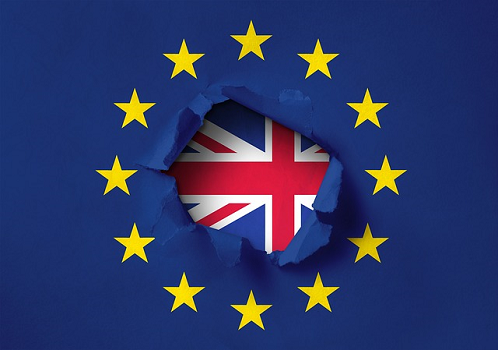In 1961 the British economy needed a boost. Post war our workforce was so depleted that we had invited substantial migration from the Commonwealth and those displaced by the war. In 1961, this had been restricted to 75,000 per year. The welfare state, that had begun life as a money spinner now included the NHS. The national debt, the cost of rebuilding Britain after the war, had been around 230% of the nation’s GDP but was reducing year on year. Inflation was low and taxes high. We had achieved growth, but the rest of Europe’s was fast catching up with us and the rest of the world was coming up fast behind us in terms of industry and trade. The Governments of the time believed that national bankruptcy was no excuse for not going back to being the military and financial global power we once were. The $2.7 million worth of post war aid was effectively squandered by rebuilding rather than redeveloping industry and sustaining a 2 million strong military force both at home and abroad to remain involved in foreign conflict. The squandering of resources was so bad that we had to go to America and beg a further $4 billion loan. Faced with this we changed our minds about joining hands with Europe in a free trade market like the one we used to believe in, but the French vetoed our application on the grounds that we loved the US more than Europe.

